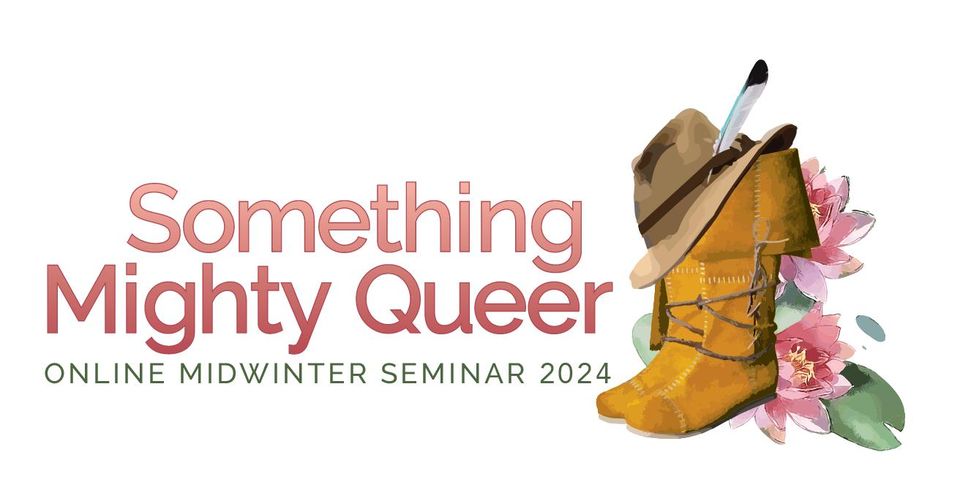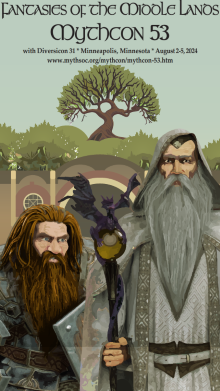Loading...
Event Website
https://www.mythsoc.org/oms/oms-2024.htm
Start Date
2-18-2024 6:30 PM
End Date
2-18-2024 7:20 PM
Description
Labyrinth Lost by Zoraida Córdova focuses on Alex Mortiz, a Mexican-American bruja and her journey to a fantastical otherworld to rescue her family. Alex begins to understand the love and unity that exists in her own blood family, while forging new relationships, thereby creating a found family, or queered family. The topic of this paper addresses queerness and found family dynamics in Labyrinth Lost. While many scholars have written on themes in fantasy and magical realism texts by Latino/a and Hispanic authors, these genres tend to be under-researched in literature for young adults. My argument analyzes Labyrinth Lost as emblematic of Latino/a family dynamics and queer, or found, families. Latinx Studies claim that the loyalty from family is the primary framework through which Chicano/a individuals experience support and guidance; however, I argue that Labyrinth Lost, through the lens of speculative fiction and other genre elements, queers the definition of family to include one’s found family: including friends, romantic relationships, and more distant relations. This woman-led and woman-written narrative allow the bounds of Chicana feminist theory to thrive; this novel actively works against the man-saturated, machismo world that is most often centered in Latinx and Chicanx works.
Creative Commons License

This work is licensed under a Creative Commons Attribution-NonCommercial-No Derivative Works 4.0 International License.
Included in
Children's and Young Adult Literature Commons, Comparative Literature Commons, Digital Humanities Commons, European Languages and Societies Commons, Literature in English, Anglophone outside British Isles and North America Commons, Literature in English, British Isles Commons, Literature in English, North America, Ethnic and Cultural Minority Commons, Medieval Studies Commons, Modern Languages Commons, Modern Literature Commons, Other English Language and Literature Commons
Queering the Family in Zoraida Córdova’s Labyrinth Lost
Labyrinth Lost by Zoraida Córdova focuses on Alex Mortiz, a Mexican-American bruja and her journey to a fantastical otherworld to rescue her family. Alex begins to understand the love and unity that exists in her own blood family, while forging new relationships, thereby creating a found family, or queered family. The topic of this paper addresses queerness and found family dynamics in Labyrinth Lost. While many scholars have written on themes in fantasy and magical realism texts by Latino/a and Hispanic authors, these genres tend to be under-researched in literature for young adults. My argument analyzes Labyrinth Lost as emblematic of Latino/a family dynamics and queer, or found, families. Latinx Studies claim that the loyalty from family is the primary framework through which Chicano/a individuals experience support and guidance; however, I argue that Labyrinth Lost, through the lens of speculative fiction and other genre elements, queers the definition of family to include one’s found family: including friends, romantic relationships, and more distant relations. This woman-led and woman-written narrative allow the bounds of Chicana feminist theory to thrive; this novel actively works against the man-saturated, machismo world that is most often centered in Latinx and Chicanx works.


